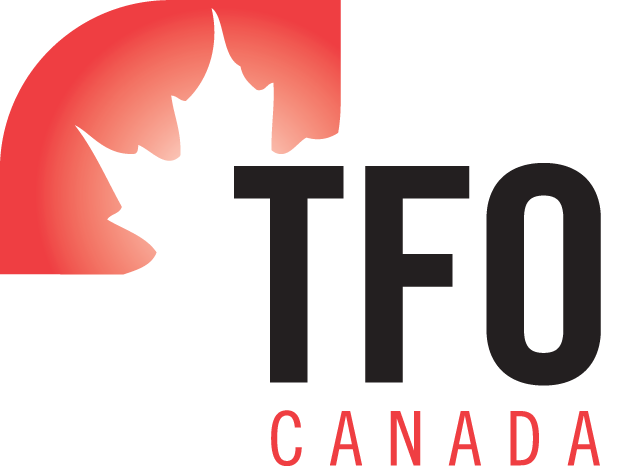Carbon neutral foods: What you need to know
“When the carbon a company emits into the atmosphere is balanced by the emissions it absorbs through investments in sustainability projects, such as tree-planting or solar energy, it can claim to be carbon neutral. But that doesn’t mean its food products are if the suppliers (of ingredients, packaging, transport, etc.) are not carbon neutral.
Maple Leaf Foods, for instance, was certified as the world’s first carbon neutral food company in 2019. However, some of its suppliers are not carbon neutral. As a result, it cannot label its food with the designation. “Because we don’t yet neutralize all of our [supplier emissions with an offset carbon program], we don’t claim that our products are carbon neutral,” the company explained in an email.
To meet sustainability goals, Maple Leaf and others are working to offset the carbon emissions of their suppliers. “Complete carbon neutrality is the Holy Grail,” notes Innova Market Insights’ director of innovation, Lu Ann Williams.
GLOBAL TREND
As companies reduce their greenhouse gas emissions, product launches with a carbon reduction claim are on an uptick. Innova Market Insights calculated a compound annual growth rate of 30% in such product launches globally from 2017 to 2021. “The claims in food and beverage are flourishing and becoming stronger,” says Williams. “We saw claims jump the most year over year in 2021—by 83%!”
SHOPPER EDUCATION
“The need for education behind what it means for a food to be carbon neutral is huge,” says Robin Langford, product category manager at Goodness Me! an Ontario-based natural foods grocer. “Consumers don’t understand all the facets right now, and because of this, they question what to believe.”
Adding to the confusion? The myriad third-party carbon offset certification bodies, as well as other sustainability labels. The majority of global consumers are invested in environmental labelling, according to an Innova study. However, 55% of those surveyed said “there are too many environmental labels, so I don’t know what to look out for.”
Education is a big challenge for the carbon neutral food movement, concurs Kallie Culbertson, associate brand manager at Conagra Brands. Still, seeing a desire by shoppers to make more sustainable food choices, Conagra introduced eight Carbon-free Certified Carbon Neutral single-serve frozen meal options to its Evol brand in the United States in June. (No plans yet to launch them in Canada.) “One of the biggest hurdles is not so much, ‘How do we make the consumer care?’ because in most cases they already do want to shop more sustainably, but rather ‘How do consumers identify what is/isn’t sustainable?’” explains Culbertson. She is calling for “innovative ways to educate consumers in-store on what it means to be carbon neutral,” and suggests “sustainable” endcaps or freezer shelf space could drive interest and education.
CANDY LAND
Confectionery is a category creating momentum for carbon neutral foods. Take Vancouver’s Healthy Hippo. In April, its gummies were certified Carbon Neutral from Planet FWD, a carbon management platform for consumer brands. “Achieving our certification has seen us through a cradle-to-grave lifecycle assessment for all of our products to better understand our impact on the planet,” says the company’s founder and CEO Ashley Paterson.
“The brand has really taken off since we started carrying it,” says Langford at Goodness Me!, Healthy Hippo’s first retail customer in Ontario. “Shoppers who dislike the taste of stevia in other low-sugar candy options really like Healthy Hippo, and the carbon certification is an added benefit.” Meanwhile, Mars Wrigley Canada has promised every Mars bar sold in Canada will be certified as carbon neutral by Jan. 1, 2023.”
*This is article is excerpted from Canadiangrocer.com website, published on 26th August 2022.
.
